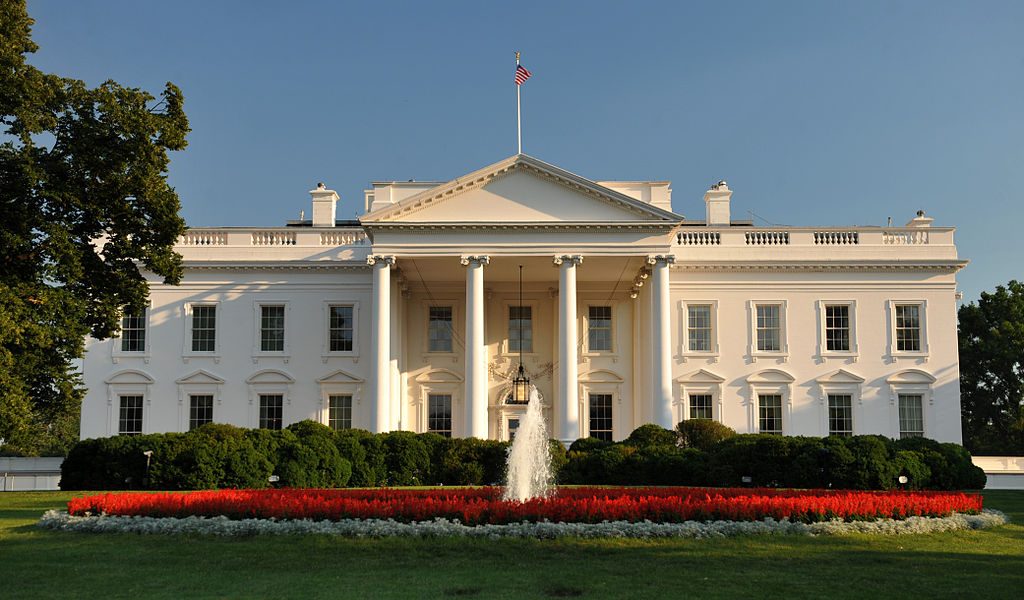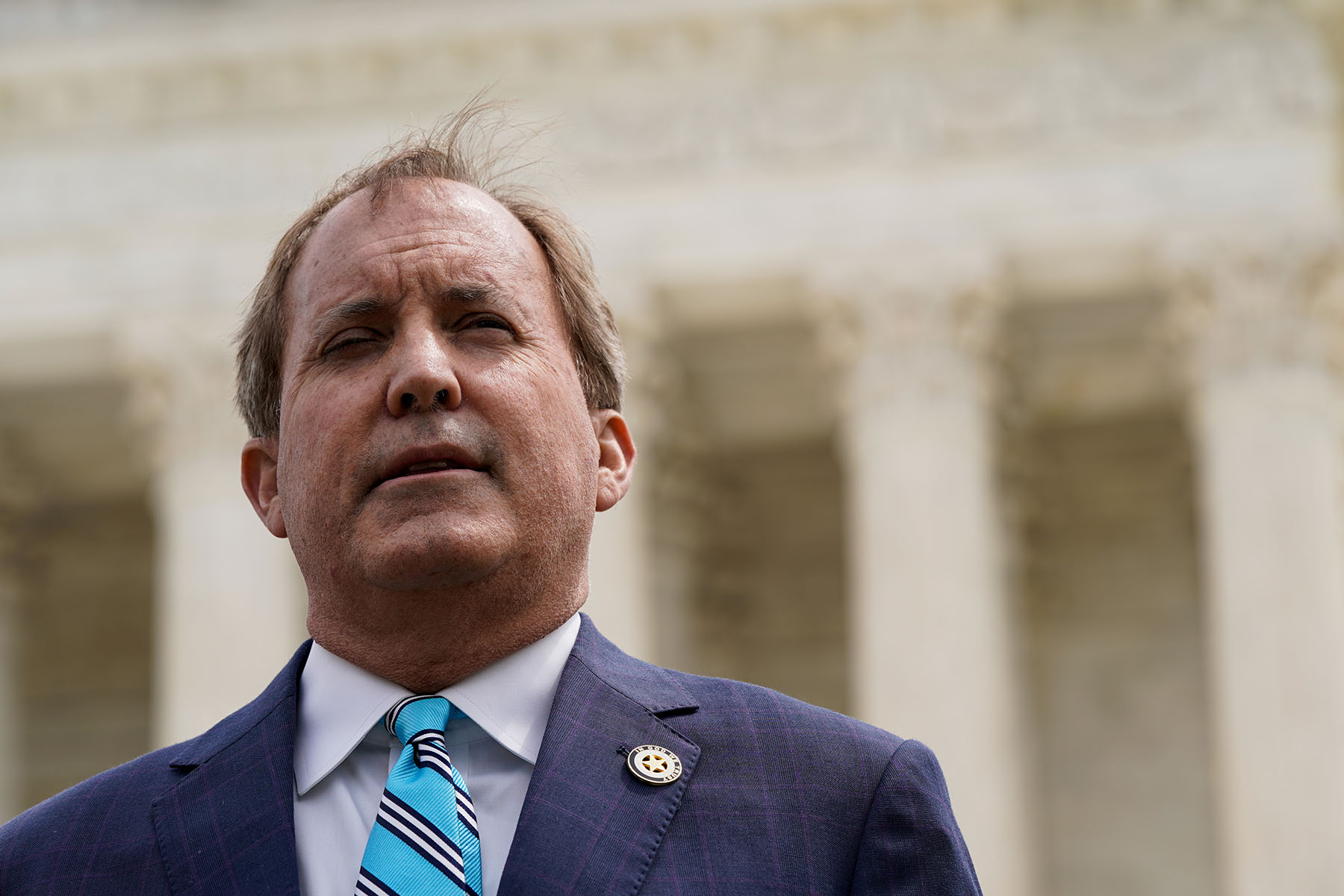President Donald Trump signed executive orders Monday rolling back protections for transgender people and terminating diversity, equity and inclusion programs within the federal government in what he described in his inauguration speech as a move to end efforts to “socially engineer race and gender into every aspect of public and private life.”
Both are major shifts for the federal policy and are in line with Trump’s campaign promises.
One order declares that the federal government would recognize only two immutable sexes: male and female. The definition will be based on whether people are born with eggs or sperm, rather than on their chromosomes. The change is being pitched as a way to protect women from “gender extremism.”
Conservative groups such as the American Family Association are praising the change as one that acknowledges the truth. But experts including the American Medical Association and American Psychiatric Association hold that gender is a spectrum, not a binary structure consisting only of males and females.
Under the order, federal prisons and shelters for migrants and rape victims are to be segregated by sex as defined by the order.
And federal taxpayer money could not be used to fund “transition services.” A small number of federal prison inmates have had gender-affirming surgery and more have had treatments such as hormone therapy paid for with federal funds.
Medicaid in some states covers such treatments, but judges put on hold a Biden administration rule that would have extended that nationally.
The order would also block requirements at government facilities and at workplaces that transgender people be referred to using the pronouns that align with their gender. Trump’s team says those requirements violate the First Amendment’s freedom of speech and religion.
The order does not issue a nationwide mandate on which bathrooms transgender people can use or which sports competitions they can join, though many states have passed laws on those areas.
Civil rights groups were preparing to challenge Trump’s orders.
“We are not going anywhere,” Human Rights Campaign President Kelley Robinson said in a statement, “and we will fight back against these harmful provisions with everything we’ve got.”
Trump also revoked protections for transgender military personnel that former President Joe Biden had signed. There are an estimated 9,000 to 14,000 transgender troops.
A separate order aims to halt federal agencies’ DEI programs. Conservatives have long condemned them, arguing they violate the Constitution by using preferences based on race, gender and sexual orientation. Trump got big cheers at a rally in Washington on Sunday when he said he’d end DEI requirements from the military and schools. The order does not directly address what schools do, though.
Trump officials said it’s fitting the order is being delivered on Martin Luther King Jr. Day, as it aims to return to the idea that one day all Americans can be treated on the basis of their character and not by the color of their skin.
Trump referred to that in his inauguration speech Monday, saying: “We will strive together to make his dream a reality. We will make his dream come true.” He later added: “We will forge a society that is colorblind and merit-based.”
Maya Wiley, president and CEO of The Leadership Conference on Civil and Human Rights, said Trump’s policies are a step backward. “Dr. King had a dream, and this is his nightmare: the rollback of the work of our civil and human rights coalition over the past 75 years,” she said in a statement.
The purpose of the DEI plans was to foster equitable environments in businesses and schools, especially for historically marginalized communities. While researchers say that DEI initiatives stem back to the 1960s, more were launched and expanded in 2020 during increased calls for racial justice.
Businesses, including Walmart, McDonalds, and Meta, have already rolled back their diversity policies since the 2024 election.
Tags




